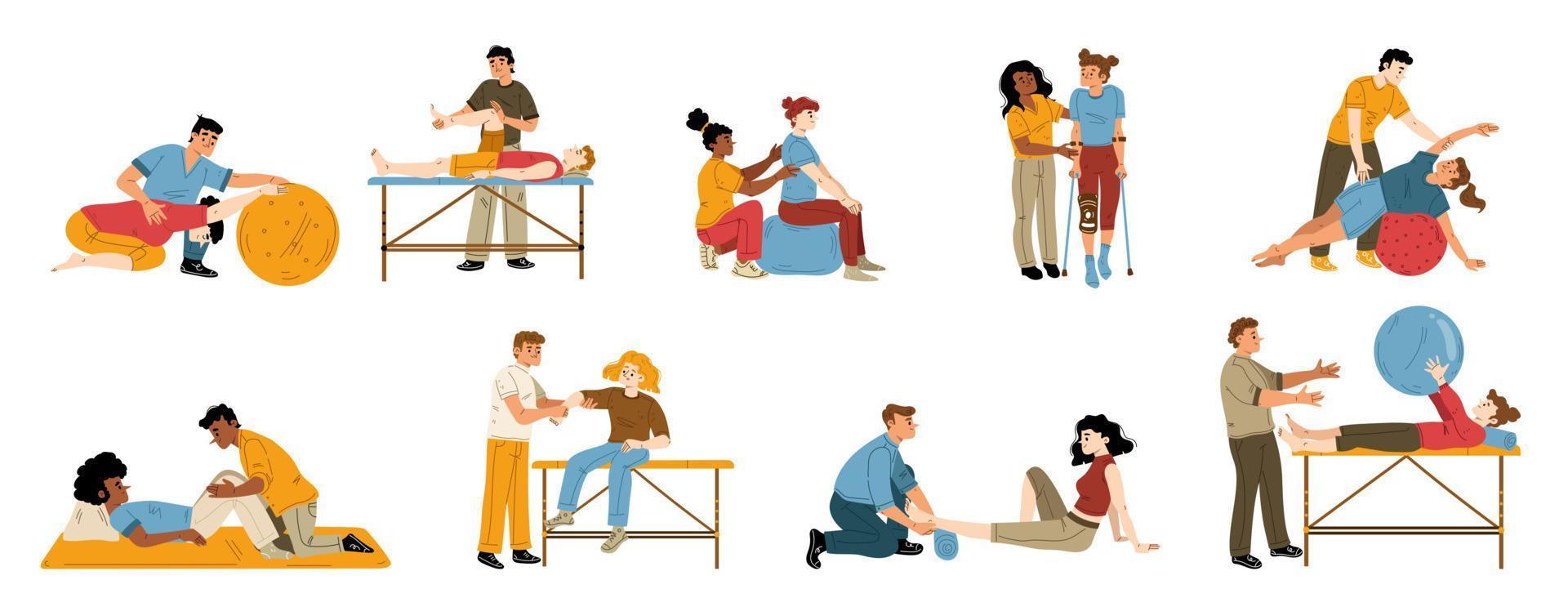Leveraging Mental Toughness to Enhance Performance in Physical Recovery
Wiki Article
Cognitive fortitude is an crucial quality that can measurably elevate results in physical rehabilitation. Sportspeople often grapple with injuries that necessitate time away from their training, which can be both somatically and emotionally difficult. Psychological toughness refers to the ability to remain strong and optimistic in the face of obstacles. It helps athletes cope with the stress of rehabilitation, stay committed on their objectives, and maintain determination throughout the rehabilitation process. By developing emotional stamina, individuals can optimize their recovery experience and return to their sport more capable than before.

One key aspect of building psychological strength is setting realistic objectives. When individuals are injured, it is crucial for them to have clear, attainable benchmarks during their healing. These plans should be detailed, measurable, attainable, relevant, and time-bound (actionable) principles. For example, instead of saying “I hope to heal quicklyâ€, an athlete might set a goal like “I aim to do my rehab sessions thrice weekly for the next monthâ€. This helps patients assess their progress and keep their concentration on what they can manage, reducing feelings of disappointment or negativity.
Another crucial factor in building mental resilience is maintaining a positive mindset. Athletes should practice positive self-talk and visualization techniques to foster a constructive mental environment. Positive self-talk involves replacing defeating thoughts with motivating more statements. For instance, instead of thinking “I can’t do thisâ€, an individual could tell themselves “I’m getting stronger with every stepâ€. Imagery can also be beneficial; patients can imagine themselves performing well in their activity as they recover. These practices help build confidence sport-specific rehabilitation and reinforce the belief that recovery is possible.
Supportive relationships play a vital role in fostering emotional toughness during healing. Sportspeople should stay connected with encouraging friends, relatives, mentors, and healthcare providers who understand the demands of healing. Open communication with these support figures allows recovering individuals to express their thoughts, concerns, and frustrations. Additionally, sharing experiences with other injured athletes can provide a sense of shared understanding and empathy that makes the process easier. Knowing others have faced similar obstacles can inspire hope and motivate athletes to push through.
Finally, mindfulness practices can significantly improve an patient’s psychological well-being during rehabilitation. Present-moment focus involves being attentive of one’s mental processes and feelings without bias. Practices such as guided mindfulness, deep breathing exercises, or restorative stretching can help individuals manage anxiety and stress related to their condition. By incorporating these techniques into their daily routines, patients learn to stay grounded and focused on their recovery process, rather than dwelling on what they have been unable to do during their time off from training. This approach promotes mental clarity and encourages a more positive attitude towards rehabilitation.